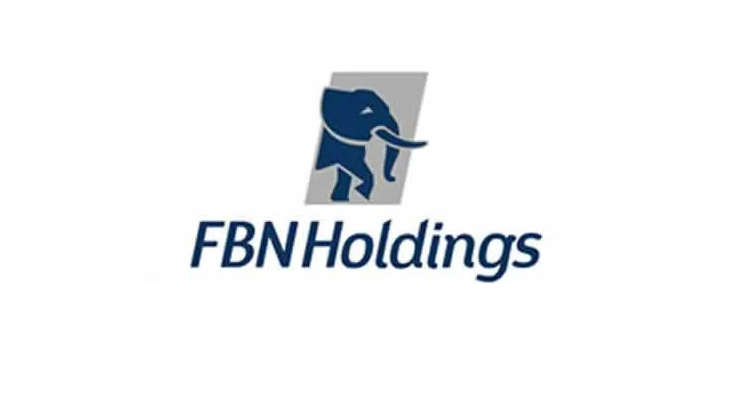By Zion Rufus
As it currently sits, conversational marketing has become the go-to for marketers as it has opened doors to more enhanced customer engagement by drawing brands closer to their audiences.
By leveraging conversational tools that allow for immediate feedbacks, Conversational marketing involves engaging audiences in a seamless and straightforward dialogue-driven one-to-one conversation through live chats, chatbots, voice assistants, Facebook Messenger, and other forms of conversational artificial intelligence.
“Conversational marketing is a one -to -one communication between brand and prospect or brand and existing customer to ensure that a relationship is built that will lead to a sale. So it has gone beyond speaking by mass through the news feed where everyone is seeing the same thing, it is now a tailored conversation,” explained Oti Ukubeyinje, Head of Products at Terragon.
“We could say Conversational marketing is one step further than personalized advertising,” he continued. “A personalized ad says, ‘oh I have a fair understanding of you, so I will give you what is relevant, but I don’t know you completely’, conversational marketing then comes into play, because what if this customer has more to ask, how do you interact? Conversational marketing takes information exchange between customers and brands to a whole new level by providing information tailored to the customers’ needs.”
Today, conversational marketing works hand in hand with automation. Aided by technological advancement, conversational marketing helps brands to listen to their customers, understand them, and chat with them in real time. According to a survey, 71% of customers look forward to communicating with brands in real-time. Another study revealed that 69% of customers prefer interacting with chatbots because it allows them to get in touch with the company quickly. Brands implement chatbots backed by artificial intelligence and machine learning to improve customer engagement across communication channels. Chatbots instantly reduce the waiting time and immediately respond to customers with correct answers and convey the brand essence.
Oti said: “We are moving people towards that direction, the issue now is, how do we scale it if a bank wants to onboard 10,000 customers in one week, at conversational level, what would we do? That’s where bots come in. We start to automate the responses based on learnings from your interactions with people one to one. So you can predict what the customer is going to ask next and you will readily have the answer for that.”
Pointing that the marketing world is rapidly shifting into an era of conversational marketing against mass marketing, Oti shared: “mass marketing happens because we don’t have full visibility on the customer and direct interaction with the customer. So you tend to see them as clusters. The beauty with first party data engagement is that you as the business have gone ahead to collect first party data so you understand that these are individuals; you have gone ahead to enrich the information. Hence, rather than expecting an instant sale to happen, you get to interact on a one to one basis. Therefore you know more about them because of specific IDs like email and phone number, and then move them into environments where they can have conversations with you.”
Some of these environments include Facebook Messenger and Whatsapp according to Stefanos Loukakos, Head of Messenger, Facebook who revealed that 85 percent of consumer time is spent in the top 5 apps which includes Facebook and WhatsApp.
Loukakos stated: “This can be the new paradigm of how businesses communicate with their customers.” According to Facebook, these two apps had 1.5 billion and 1.3 billion active users, respectively.
In a report Titled Art Of Conversation, M&C Saatchi TALK COO, Ryan Woor, said: “We have always been firm believers that conversations have the power to create change.
“These findings are just the beginning and we’re committed to continuing to develop our understanding of, and specialism in, the evolving shape of conversations and how we can get better at navigating, creating and leading those that create meaningful change, together with our clients”.
Conversational marketing helps brands reach out to consumers with content curated just for them, it engages the consumers on a personal level, just as in a conversation. As a result, consumers are more receptive to receiving and interacting with messaging that brings personalized offers.






Comment
No comments found.